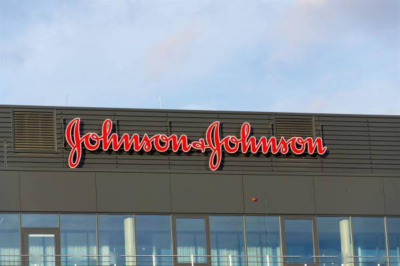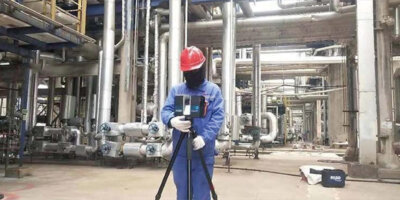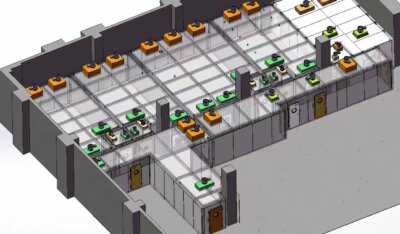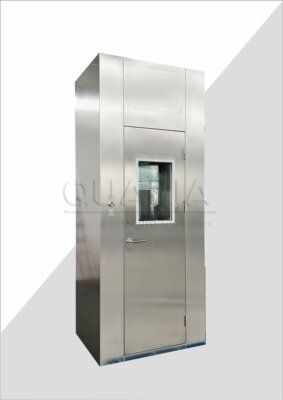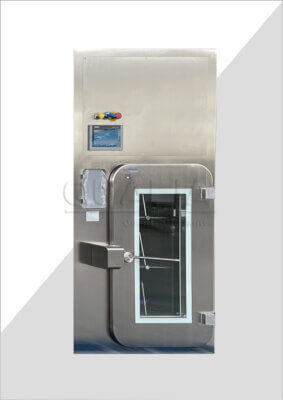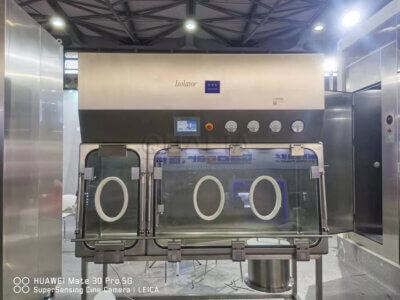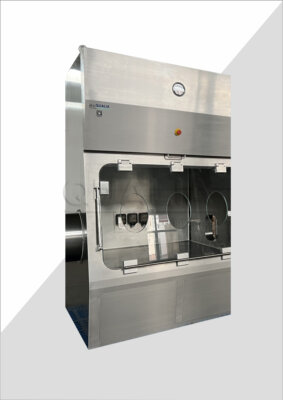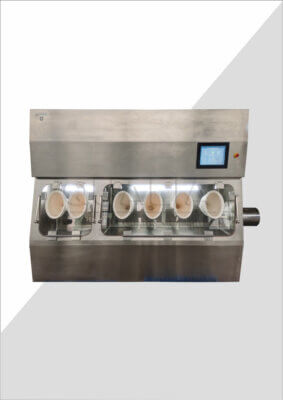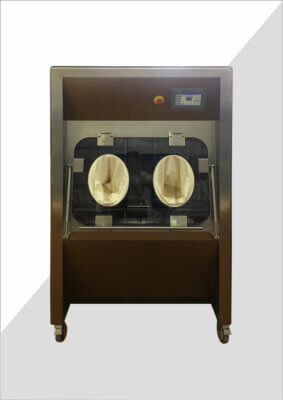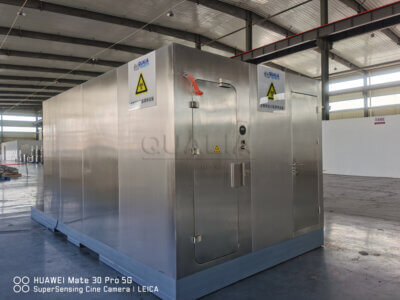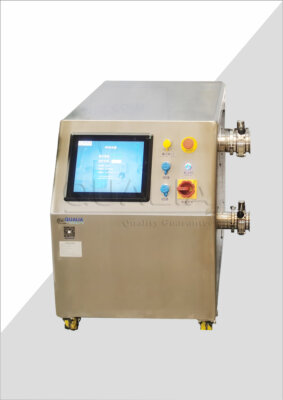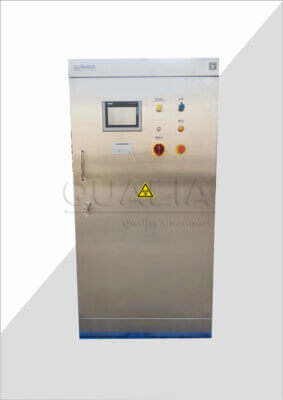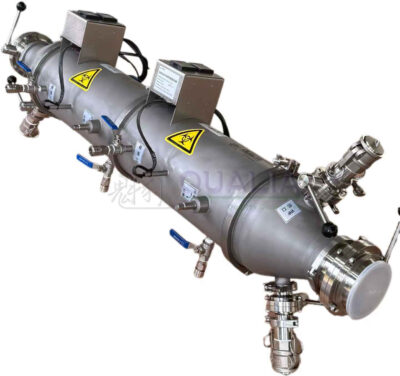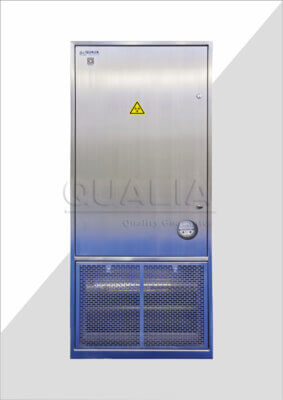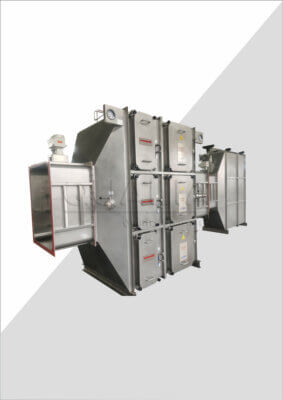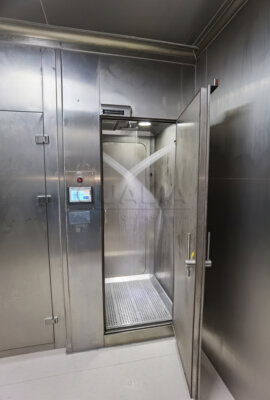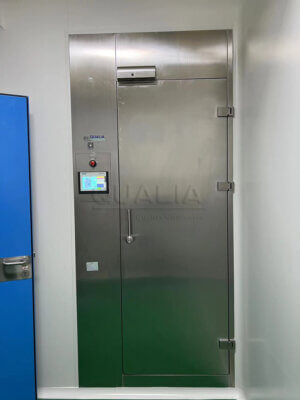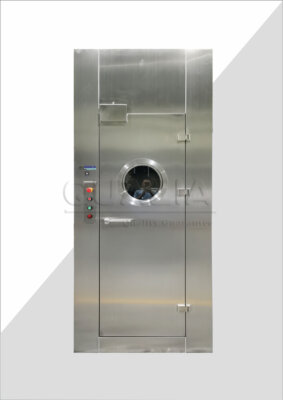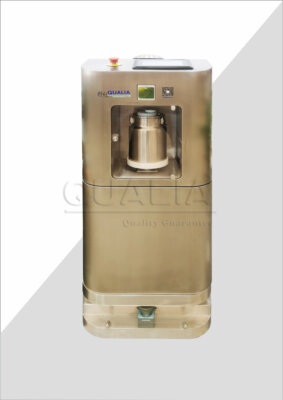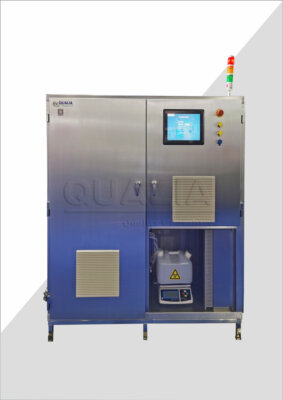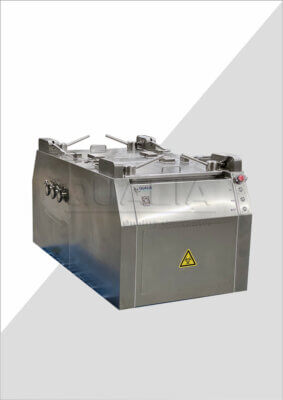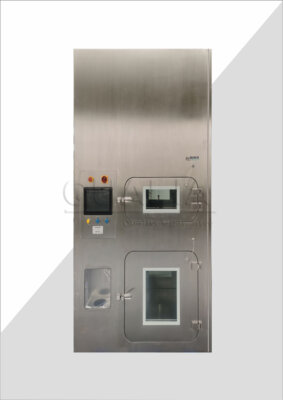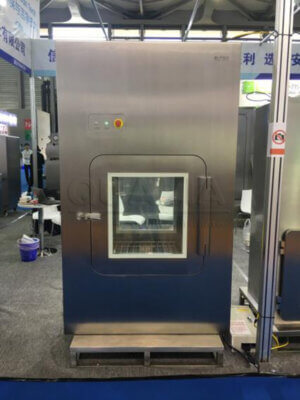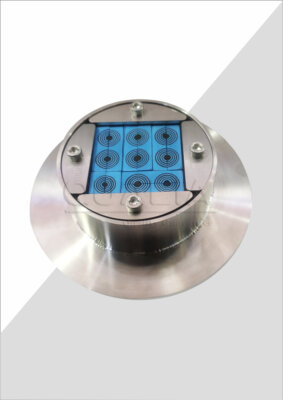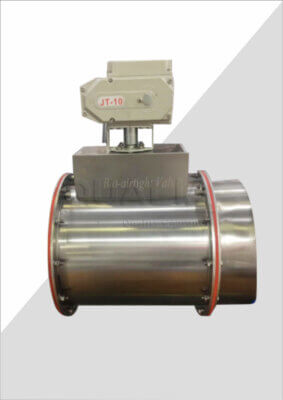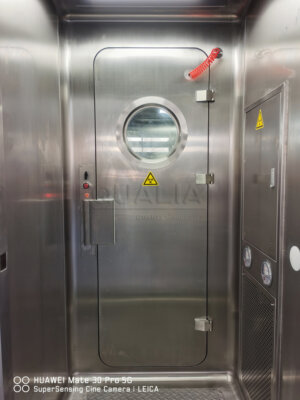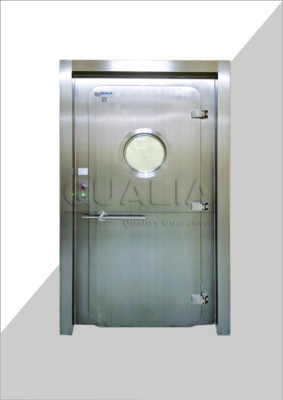In the rapidly evolving pharmaceutical industry, maintaining a sterile environment is paramount for the production of safe and effective medications. As companies strive to meet stringent regulatory requirements and optimize their manufacturing processes, the demand for flexible and cost-effective solutions has never been greater. Enter cRABS rental and leasing options, a game-changing approach that's revolutionizing how pharmaceutical companies access and utilize critical equipment.
Closed Restricted Access Barrier Systems (cRABS) are essential components in maintaining aseptic conditions during pharmaceutical manufacturing. These systems provide a controlled environment that minimizes contamination risks, ensuring product integrity and patient safety. However, the high costs associated with purchasing and maintaining cRABS units can be prohibitive for many companies, especially those with fluctuating production needs or limited capital resources.
The concept of cRABS rental and leasing has emerged as a flexible solution to address these challenges. This innovative approach allows pharmaceutical companies to access state-of-the-art cRABS technology without the burden of long-term ownership. By offering scalable options that can be tailored to specific production requirements, cRABS rental and leasing are transforming the landscape of pharmaceutical manufacturing.
"cRABS rental and leasing options provide pharmaceutical companies with unparalleled flexibility and cost-effectiveness in maintaining sterile manufacturing environments."
What are the key advantages of cRABS rental and leasing options?
cRABS rental and leasing options offer a multitude of benefits that are reshaping how pharmaceutical companies approach their manufacturing processes. By opting for these flexible solutions, businesses can significantly reduce their upfront capital expenditure while still accessing cutting-edge technology.
One of the primary advantages is the ability to scale operations quickly and efficiently. With rental and leasing options, companies can easily adjust their cRABS capacity based on production demands, allowing for greater agility in responding to market changes.
Moreover, these options often come with comprehensive maintenance and support packages, ensuring that the equipment remains in optimal condition without the need for in-house expertise. This not only reduces downtime but also allows companies to focus on their core competencies rather than equipment management.
"cRABS rental and leasing provide a cost-effective way for pharmaceutical companies to access advanced technology while maintaining operational flexibility."
| Advantage | Description |
|---|---|
| Reduced Capital Expenditure | Lower initial investment required |
| Scalability | Easily adjust capacity based on production needs |
| Maintenance Support | Comprehensive packages included with rentals/leases |
| Focus on Core Competencies | Less time spent on equipment management |
The flexibility offered by cRABS rental and leasing options extends beyond just financial benefits. It allows companies to stay at the forefront of technological advancements without the risk of owning outdated equipment. As regulations and industry standards evolve, renting or leasing ensures that businesses can always have access to compliant and state-of-the-art systems.
How does cRABS rental impact pharmaceutical production efficiency?
The impact of cRABS rental on pharmaceutical production efficiency is profound and multifaceted. By providing on-demand access to advanced containment systems, companies can significantly reduce setup times and streamline their production processes.
One of the key efficiency gains comes from the ability to quickly deploy cRABS units as needed. This eliminates the long lead times typically associated with purchasing and installing permanent systems. Pharmaceutical manufacturers can respond swiftly to changes in demand or unexpected production requirements, minimizing delays and maximizing output.
Furthermore, rented cRABS units often come pre-validated and ready for use, drastically reducing the time and resources required for qualification and validation processes. This accelerates the time-to-market for new products and allows for more agile production scheduling.
"cRABS rental solutions enable pharmaceutical companies to achieve unprecedented levels of production flexibility and efficiency."
| Efficiency Factor | Impact |
|---|---|
| Setup Time | Reduced by up to 50% |
| Production Flexibility | Increased ability to meet variable demand |
| Validation Process | Streamlined with pre-validated units |
| Time-to-Market | Significantly accelerated |
The efficiency gains extend to resource allocation as well. With rental options, companies can allocate their human and financial resources more effectively, focusing on core production activities rather than equipment maintenance and management. This optimization of resources contributes to overall operational efficiency and can lead to significant cost savings in the long run.
What factors should be considered when choosing between cRABS rental and leasing?
When deciding between cRABS rental and leasing options, pharmaceutical companies must carefully evaluate several factors to determine the most suitable approach for their specific needs. The choice between these two options can have significant implications for both short-term operations and long-term strategic planning.
One of the primary considerations is the duration of the project or production run. Short-term projects or pilot productions may benefit more from rental options, which offer greater flexibility and lower commitment. On the other hand, longer-term productions or ongoing manufacturing processes might find leasing more advantageous due to potentially lower costs over time and the option to purchase at the end of the lease term.
Financial considerations also play a crucial role in this decision. Rental options typically require less upfront investment and can be expensed as operational costs, which may have tax benefits. Leasing, while often requiring a longer commitment, can provide more predictable costs over time and may offer the opportunity to build equity in the equipment.
"The choice between cRABS rental and leasing should align with the company's production timeline, financial strategy, and long-term equipment needs."
| Factor | Rental Consideration | Leasing Consideration |
|---|---|---|
| Duration | Ideal for short-term needs | Better for long-term use |
| Financial Impact | Lower upfront costs | Potential for lower long-term costs |
| Flexibility | High flexibility | Less flexible, but with purchase options |
| Maintenance | Typically included | May be included or separate |
Another important factor to consider is the level of technological advancement required. QUALIA offers cutting-edge cRABS solutions that can be accessed through both rental and leasing options, ensuring that companies can stay at the forefront of aseptic manufacturing technology regardless of their chosen acquisition method.
Ultimately, the decision between renting and leasing cRABS equipment should be based on a thorough analysis of the company's specific needs, financial situation, and long-term strategic goals. Companies should also consider the potential for changing regulatory requirements and technological advancements when making this decision.
How do cRABS rental and leasing options contribute to risk management in pharmaceutical manufacturing?
Risk management is a critical aspect of pharmaceutical manufacturing, and cRABS rental and leasing options play a significant role in mitigating various risks associated with aseptic production. By providing flexible access to advanced containment systems, these options help companies navigate the complex landscape of regulatory compliance and quality assurance.
One of the primary risk management benefits is the reduction of contamination risks. Rented or leased cRABS units are typically maintained to the highest standards by specialized providers, ensuring that they meet or exceed current Good Manufacturing Practice (cGMP) requirements. This level of maintenance and quality control can be challenging and costly for companies to achieve in-house, especially for those with limited resources or expertise.
Additionally, rental and leasing options allow companies to quickly adapt to changing regulatory requirements without the need for substantial capital investment. As regulations evolve, companies can easily upgrade or replace their cRABS units to ensure continued compliance, significantly reducing the risk of regulatory non-compliance and associated penalties.
"cRABS rental and leasing options provide a robust risk management strategy by ensuring access to compliant, well-maintained equipment that meets the latest regulatory standards."
| Risk Factor | Mitigation through Rental/Leasing |
|---|---|
| Contamination | Access to expertly maintained, cGMP-compliant units |
| Regulatory Compliance | Easy upgrades to meet changing requirements |
| Financial Risk | Reduced capital expenditure and predictable costs |
| Technological Obsolescence | Regular access to latest technology |
Furthermore, these options contribute to financial risk management by providing more predictable costs and reducing the risk of technological obsolescence. Companies can avoid the financial burden of owning and maintaining equipment that may quickly become outdated or insufficient for future needs.
The flexibility offered by cRABS rental and leasing also allows companies to scale their operations up or down in response to market demands, thereby managing the risks associated with market volatility and changing production requirements.
What are the environmental implications of choosing cRABS rental and leasing options?
In an era where environmental sustainability is increasingly important, the environmental implications of cRABS rental and leasing options are worth considering. These flexible solutions can contribute significantly to reducing the environmental footprint of pharmaceutical manufacturing operations.
One of the primary environmental benefits is the reduction of waste associated with equipment disposal. By renting or leasing cRABS units, companies can ensure that the equipment is used efficiently throughout its lifecycle. When units are no longer needed or become outdated, they can be returned to the provider for refurbishment, redeployment, or proper disposal, rather than ending up in landfills.
Moreover, rental and leasing providers often have more efficient maintenance and cleaning processes, which can lead to reduced water and energy consumption compared to in-house maintenance of owned equipment. This centralized approach to equipment management can result in a more optimized use of resources across the industry.
"cRABS rental and leasing options contribute to environmental sustainability by promoting efficient resource use and reducing equipment waste."
| Environmental Aspect | Impact of Rental/Leasing |
|---|---|
| Waste Reduction | Efficient equipment lifecycle management |
| Resource Optimization | Centralized maintenance reduces water and energy use |
| Transportation | Potential increase due to equipment movement |
| Innovation | Faster adoption of eco-friendly technologies |
It's important to note that there may be some environmental considerations related to the transportation of rental equipment. However, this impact can be mitigated through careful logistics planning and the use of local providers where possible.
Another significant environmental advantage is the faster adoption of new, more eco-friendly technologies. As rental and leasing providers continually update their fleets, pharmaceutical companies can access the latest, most energy-efficient cRABS models without the need to dispose of older, less efficient units.
How do cRABS rental and leasing options affect staffing and training requirements?
The adoption of cRABS rental and leasing options can have a significant impact on staffing and training requirements within pharmaceutical manufacturing facilities. These flexible solutions often come with unique advantages that can streamline personnel needs and enhance the efficiency of training programs.
One of the primary benefits is the reduced need for specialized in-house maintenance staff. Rental and leasing agreements typically include comprehensive maintenance services, which means companies can operate with leaner technical teams. This allows organizations to focus their human resources on core production activities rather than equipment upkeep.
Additionally, many cRABS rental and leasing providers offer extensive training programs as part of their service packages. These programs are often more comprehensive and up-to-date than what individual companies might be able to provide in-house, ensuring that staff are well-versed in the latest operational procedures and safety protocols.
"cRABS rental and leasing options can lead to optimized staffing structures and enhanced training programs, improving overall operational efficiency."
| Staffing/Training Aspect | Impact of Rental/Leasing |
|---|---|
| Maintenance Staff | Reduced need for specialized in-house personnel |
| Training Programs | Access to comprehensive, up-to-date training |
| Operational Flexibility | Ability to scale staff based on equipment usage |
| Expertise Access | On-demand access to expert support |
The flexibility of rental and leasing options also allows companies to more easily scale their staffing needs based on production demands. During peak periods, additional units can be brought in without the need for long-term staffing commitments, providing a more agile approach to human resource management.
Furthermore, the ongoing support provided by rental and leasing companies means that pharmaceutical manufacturers have access to a pool of experts who can provide guidance and troubleshooting assistance. This can be particularly valuable for companies operating in regions where finding specialized talent may be challenging.
What future trends can we expect in cRABS rental and leasing options?
As the pharmaceutical industry continues to evolve, the future of cRABS rental and leasing options looks promising and dynamic. Several trends are emerging that are likely to shape the landscape of these flexible solutions in the coming years.
One of the most significant trends is the integration of smart technology and Internet of Things (IoT) capabilities into cRABS units. This advancement will allow for real-time monitoring, predictive maintenance, and enhanced data collection, further improving the efficiency and reliability of pharmaceutical manufacturing processes.
Another emerging trend is the development of more modular and customizable cRABS solutions. These adaptable systems will enable pharmaceutical companies to tailor their containment solutions more precisely to their specific production needs, potentially leading to even greater cost savings and operational efficiencies.
"The future of cRABS rental and leasing will likely be characterized by smarter, more adaptable systems that offer unprecedented levels of customization and data-driven insights."
| Future Trend | Potential Impact |
|---|---|
| Smart Technology Integration | Enhanced monitoring and predictive maintenance |
| Modular Design | Greater customization and adaptability |
| Sustainability Focus | More eco-friendly materials and energy-efficient designs |
| Service Bundling | Comprehensive packages including consulting and regulatory support |
Sustainability is also expected to play a larger role in the future of cRABS rental and leasing. We can anticipate the development of more eco-friendly materials and energy-efficient designs, aligning with the industry's growing focus on environmental responsibility.
Additionally, we may see a trend towards more comprehensive service bundles, where cRABS rental and leasing options are combined with consulting services, regulatory support, and other value-added offerings. This holistic approach could provide pharmaceutical companies with end-to-end solutions that address not just equipment needs but broader operational challenges.
As these trends unfold, companies like QUALIA are likely to be at the forefront, offering innovative cRABS rental and leasing options that incorporate these advanced features and services.
In conclusion, cRABS rental and leasing options represent a transformative approach to pharmaceutical manufacturing, offering unparalleled flexibility, cost-effectiveness, and access to cutting-edge technology. These solutions address many of the challenges faced by modern pharmaceutical companies, from regulatory compliance to environmental sustainability.
By providing scalable, on-demand access to advanced containment systems, cRABS rental and leasing options enable companies to optimize their production processes, manage risks more effectively, and stay competitive in a rapidly evolving industry. The reduced capital expenditure and increased operational flexibility allow businesses to allocate resources more strategically, focusing on core competencies and innovation.
As we look to the future, the continued evolution of cRABS technology, coupled with the growing trend towards smart, modular, and sustainable solutions, promises to further enhance the value proposition of rental and leasing options. These advancements will likely lead to even greater efficiencies, improved data-driven decision-making, and more tailored solutions for pharmaceutical manufacturers of all sizes.
Ultimately, the adoption of cRABS rental and leasing options represents a strategic decision that can significantly impact a company's ability to navigate the complex landscape of pharmaceutical manufacturing. As the industry continues to face pressures to increase efficiency, reduce costs, and maintain the highest standards of quality and safety, these flexible solutions will undoubtedly play an increasingly crucial role in shaping the future of pharmaceutical production.
External Resources
1-year car lease alternatives | Offers with SIXT – This page discusses flexible alternatives to traditional car leasing, including long-term car rentals and car subscriptions, highlighting their benefits such as no down payment, no disposition fee, and flexible contract terms.
Equipment Leasing – Eagle Bank – This resource provides information on equipment leasing options for businesses, covering various types of equipment, benefits of leasing, and the process of obtaining a lease.
Best Car Lease Deals NYC · $0 Down Leasing · eAutoLease.com – This site offers details on car leasing deals, including no money down options, customization of lease packages, and the importance of credit scores in car leasing.
Equipment Leasing › The Ohio Valley Bank Company – This page outlines the advantages and process of equipment leasing, including types of equipment that can be leased, financing options, and additional tax benefits.
Car Leasing Guide – U.S. News & World Report – A comprehensive guide to car leasing, covering how leasing works, types of leases, and tips for getting the best deal.
Leasing vs. Buying a Car – NerdWallet – An article comparing the pros and cons of leasing versus buying a car, including cost considerations and flexibility.
Car Rental vs Car Lease: What's the Difference? – AutoEurope – This resource explains the differences between car rentals and car leases, helping readers decide which option is best for their needs.
How Car Leasing Works – Edmunds – A detailed explanation of the car leasing process, including how to negotiate a lease, understanding lease terms, and the costs involved.
Related Contents:
- Custom cRABS: Tailored Solutions for Pharma Needs
- cRABS Material Transfer: Ensuring Sterile Product Flow
- cRABS Flexibility: Advantages Over Rigid Isolators
- cRABS in Sterile Drugs: Enhancing Aseptic Production
- Top 5 Benefits of cRABS in Pharma Manufacturing
- cRABS Waste Management: Safe Disposal in Sterile Pharma
- Vaccine Production with cRABS: Ensuring Sterility
- cRABS in Personalized Medicine: Ensuring Sterility
- Integrating cRABS: Upgrade Your Pharma Production Line

